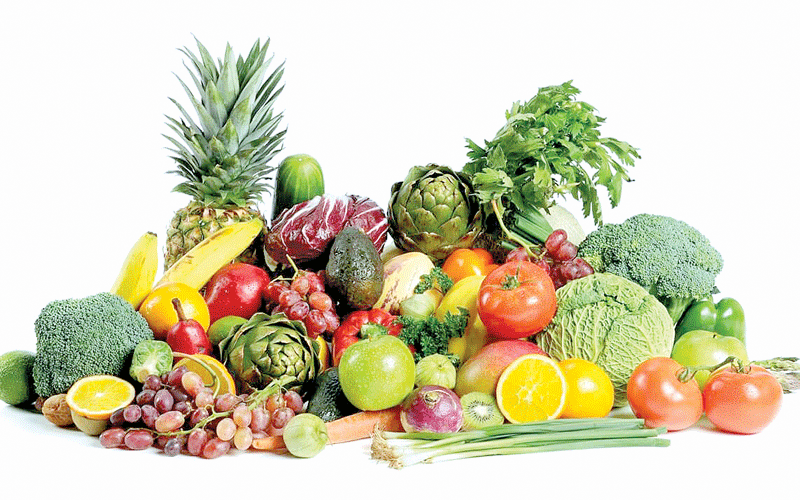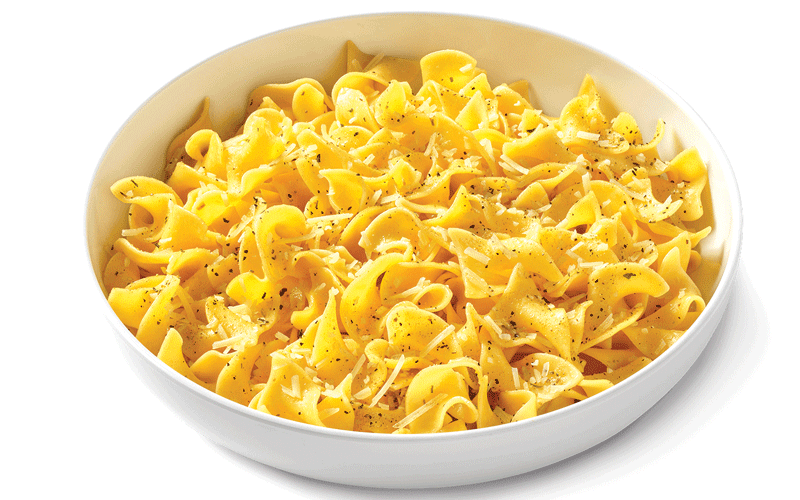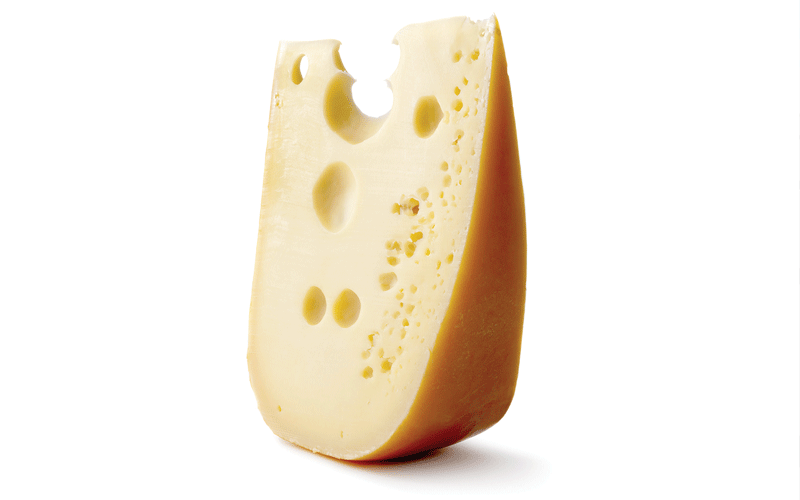Ten food items you should not freeze
By Faith Kyoumukama, April 23, 2020
The freezer is a great place to store food you want to save for later, especially in times like these, when Covid-19 and the resulting uncertainty are causing people to take fewer grocery trips and buy a lot of food at once. But not everything can be safely frozen, and in some cases, freezing something could ruin it rather than conveniently preserving it. FAITH KYOUMUKAMA lists things you shouldn’t be storing in your freezer, even during a pandemic
Uncooked shelled eggs
Don’t freeze your shelled eggs. When frozen the content inside the egg expands, which could cause the shell to crack and automatically prone to bacteria.
The best way to freeze your eggs would be to whisk and drain them in an airtight container.
Raw vegetables and fruits
Any fruit or vegetable, that has high water concentration with examples of lettuce, cabbage cucumbers or celery will not survive the freezer because the water forms crystals.

This means when it is time to cook them, you’ll have messy and mushy produce.
The best way to store vegetables would be to cook them then freeze and not all vegetables can be frozen such as kale, Spinach, asparagus to name but a few.
3. Fried foods
Supermarkets have a few frozen items in their freezers. Your work would be to heat it up and eat. However, trying this at home is not typically practical.
Freezing will leave them soggy when you try to refry, and also, the oil tends to seep throughout the food and generally changing the food flavour.
4. Canned foods
Most people assume that it’s okay to freeze food packaged in a can such as baked beans, chickpeas, meat and so on. When the Liquid inside does freeze the can will expand and it’s likely to explode.
Potatoes
Potatoes also have high water content and when put in the freezer, it forms crystals, which form when you put whole raw ones in the freezer.
This only leaves you with mushy potato. The best way to store potatoes would be by air-drying them. If you must freeze, cook them first, but this too may result in mushiness.
Noodles and pasta

Noodles and pasta are quick meals that are a must-have in the household. However, if you decide to freeze them they will turn mushy after defrosting. And that’s not the best way to enjoy them, is it?
Herbs
We all love tasty flavourful food and that’s where our herbs come in. We also would love to buy in bulk as opposed to buying fresh herbs everyday.
However, when frozen they turn limp and brown in the long run. If you must freeze them, put then in an ice cube tray with olive oil.
Soft cheeses
When properly stored hard cheese can last long in the fridge.But when you freeze, it changes texture turning it to be crumbly.

This also applies to soft cheeses, freezing makes the moisture crystalise losing the fluffy texture.
Stuffed and defrosted meat
When you stuff meat such as lamb pork and chicken with dressing, they only last a day in the fridge, which would be tempting to throw in the freezer. But when this is done the stuffing can grow bacteria during the cooling process.
Condiments
Buying things like mayonnaise, tomato sauce mustard and the likes in bulk is not practical, so is freezing them.
When you freeze them. The ingredients tend to separate creating something unappetising.